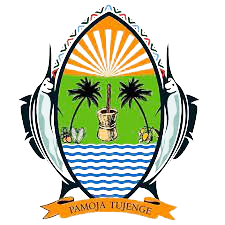Managing and Preserving Kilifi’s Forest Resources
The Forestry Division within the Department of Water, Environment, Climate Change & Forestry is dedicated to the sustainable management and conservation of forest resources in Kilifi County. Our division focuses on enhancing forest health, promoting biodiversity, and ensuring that forestry practices contribute to environmental sustainability and community well-being.
Key Responsibilities
Forest Management
We oversee the planning, development, and maintenance of forest areas across Kilifi County. This includes managing forest reserves, implementing sustainable harvesting practices, and ensuring the health and vitality of our forest ecosystems.
Reforestation and Afforestation
Our division leads initiatives to restore and expand forest cover through reforestation and afforestation projects. These efforts help to combat deforestation, improve soil quality, and enhance biodiversity.
Conservation Efforts
We implement strategies to protect forest ecosystems from threats such as illegal logging and land encroachment. Our conservation programs focus on preserving endangered species and maintaining critical habitats.
Community Engagement
We work closely with local communities to promote sustainable forestry practices. Through community forestry programs, we provide training and support to help residents manage and benefit from forest resources responsibly.
Biodiversity Protection
Our division is committed to safeguarding the rich biodiversity within Kilifi’s forests. We monitor wildlife populations, protect key species, and support research and conservation projects to maintain ecological balance.
Education and Outreach
We conduct educational campaigns to raise awareness about the importance of forests and sustainable forestry practices. Our outreach programs aim to foster a culture of environmental stewardship among residents and stakeholders.
Our mission is to ensure that Kilifi’s forest resources are managed sustainably, supporting ecological health, enhancing community livelihoods, and preserving these vital resources for future generations.








